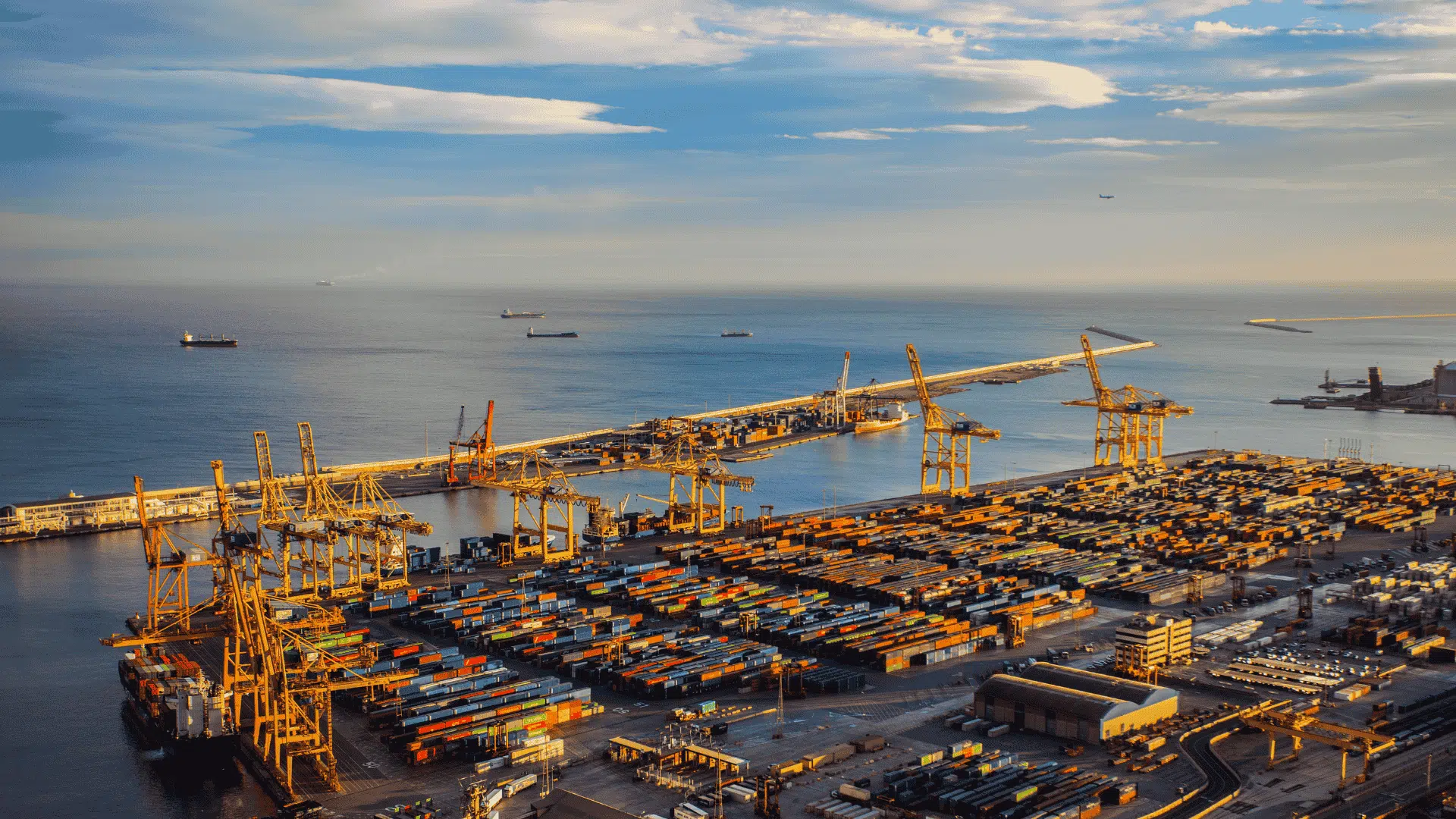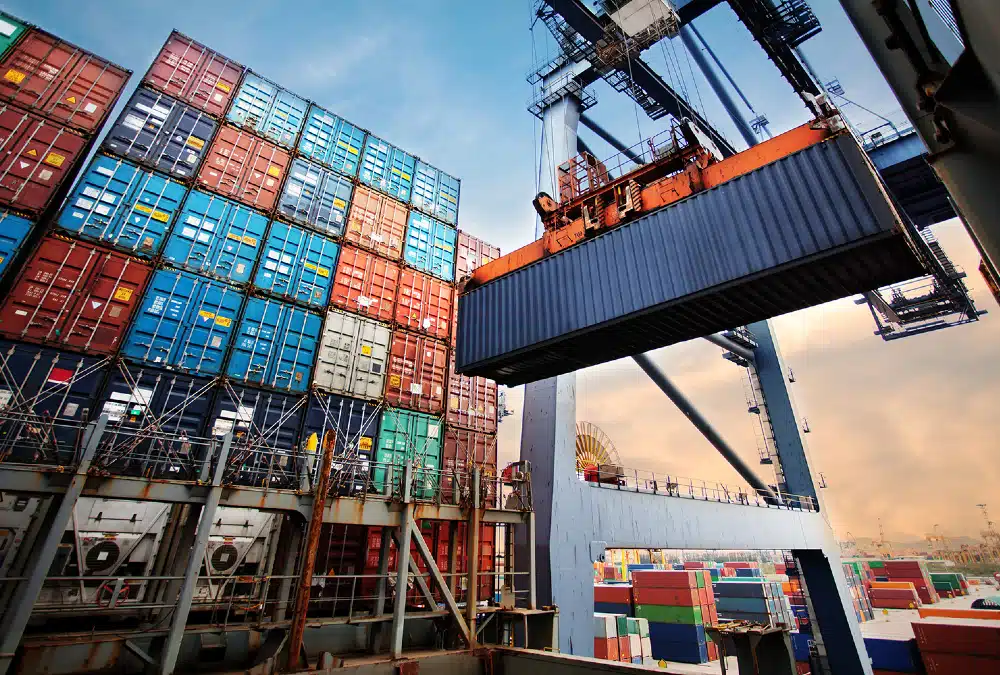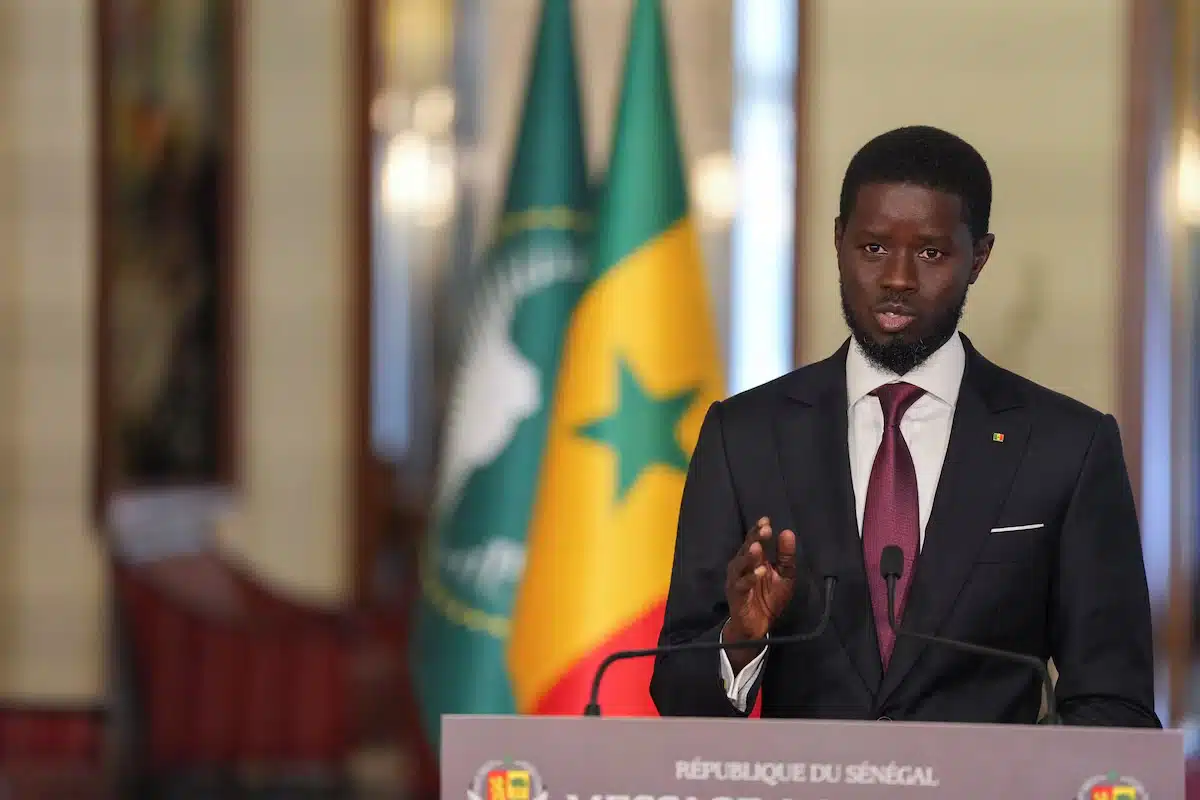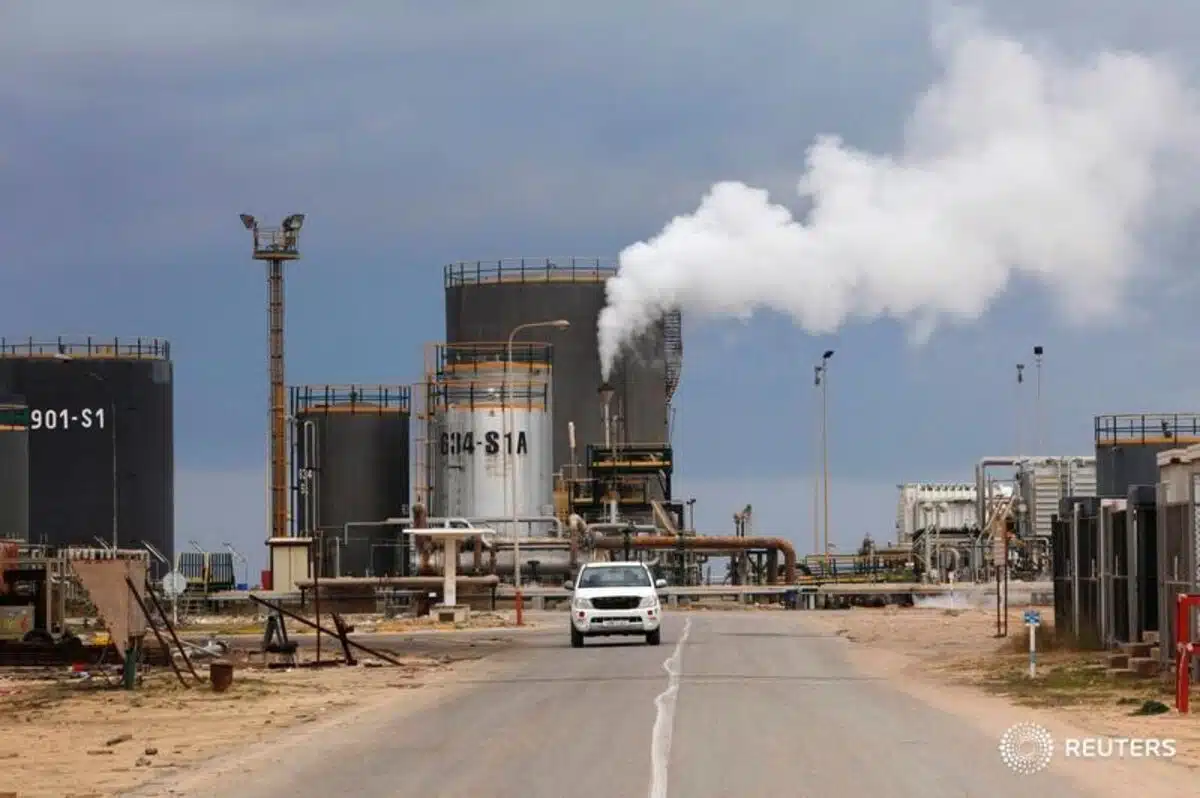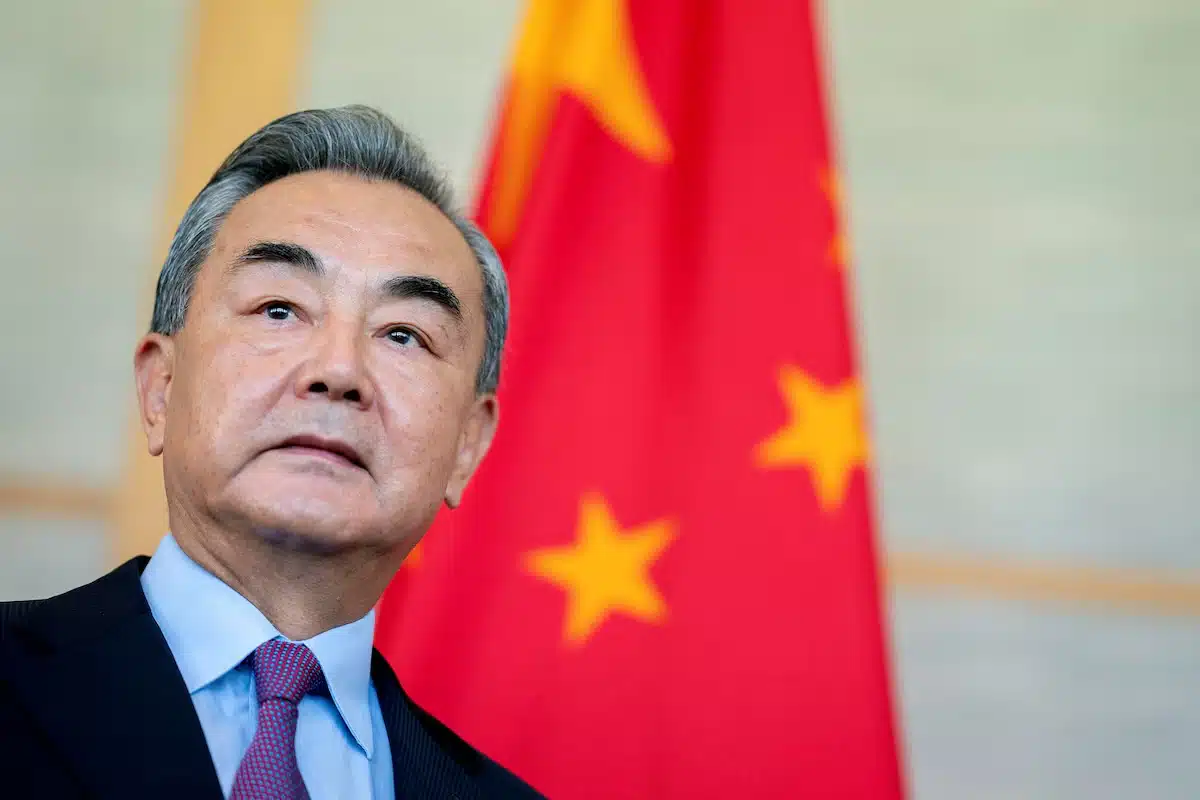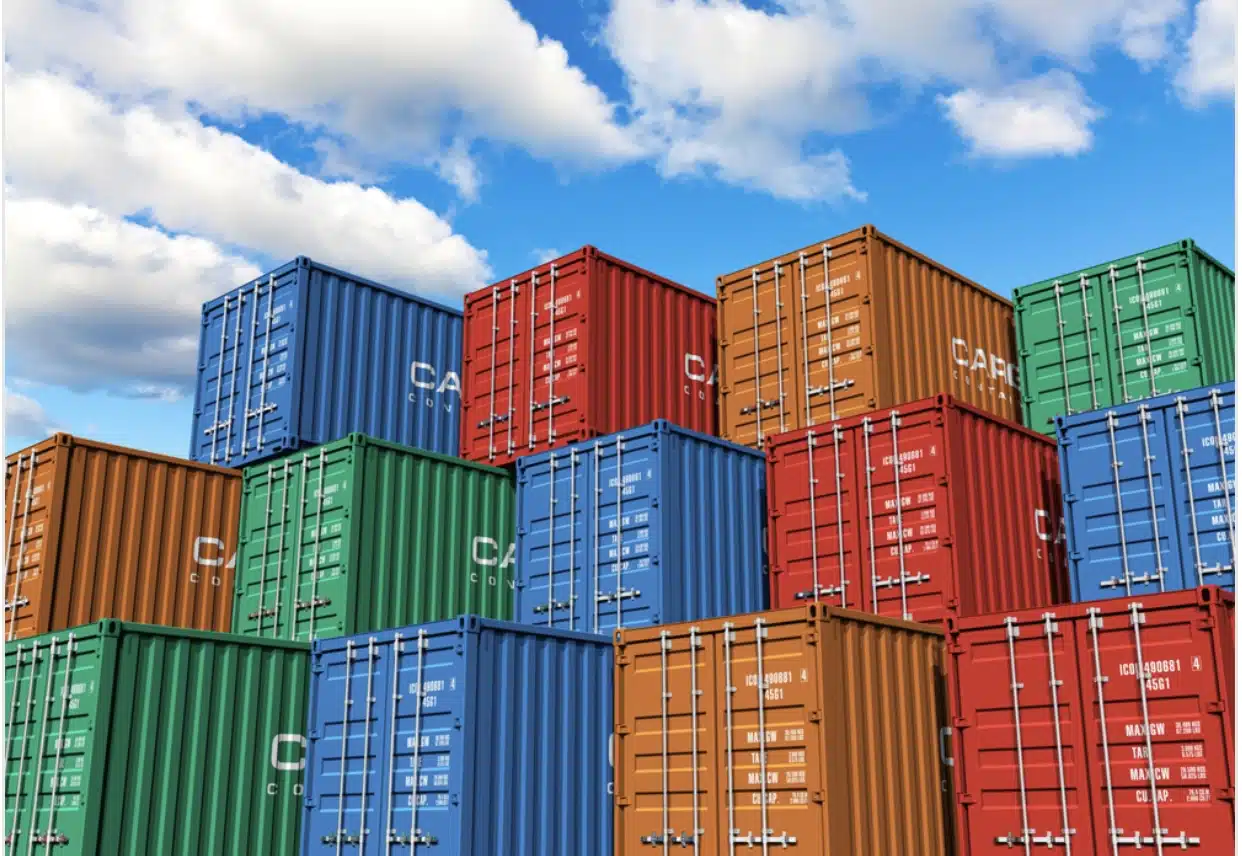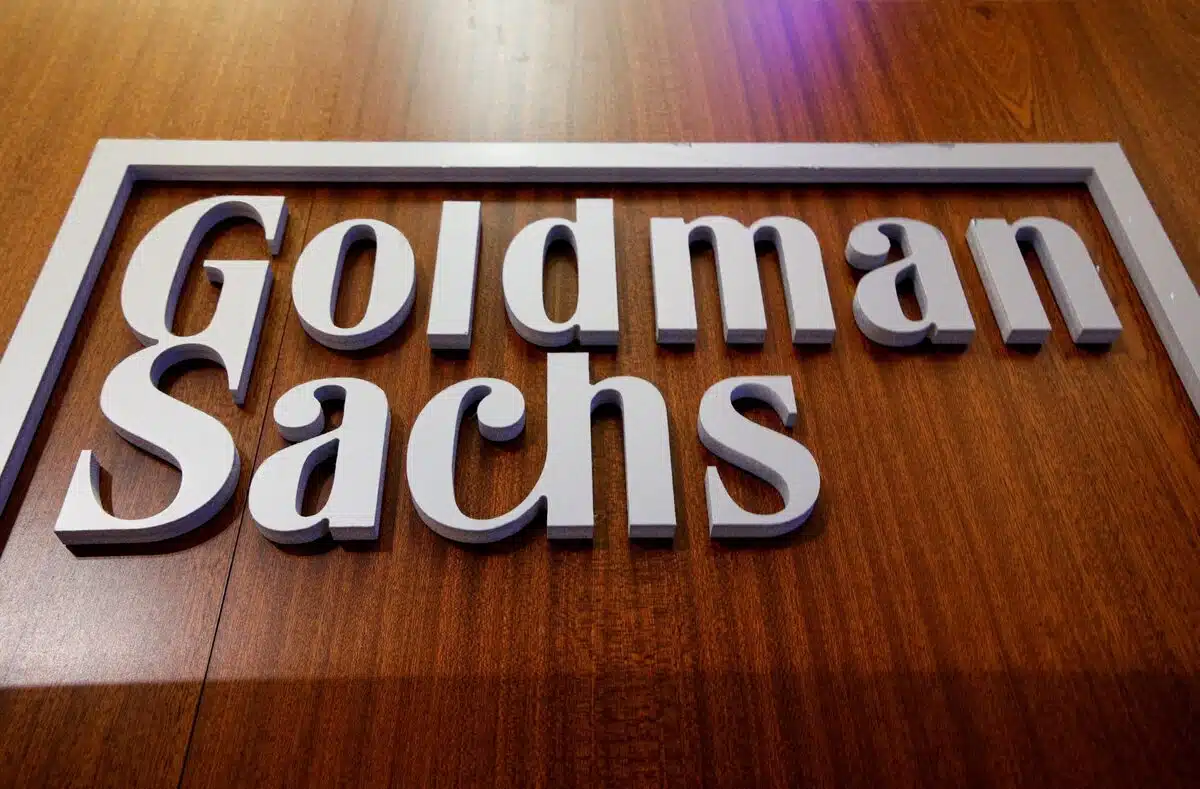The United Kingdom (UK) has expanded Nigeria’s preferential trade access, granting duty-free entry and reduced tariffs for more than 3,000 products, including cocoa, cashew, and textiles.
The move comes as Nigeria’s exports to the UK fell to $2.6 billion in 2024—a 28.3% decline, or about $1 billion in current prices—compared to the previous year, according to official trade data.
The new trade policy, part of the UK’s Developing Countries Trading Scheme (DCTS), was announced by Mark Smithson, Country Director for the UK Department for Business and Trade, in a recent video message.
“Up to 3,000 products from Nigeria qualify for low tariff or no tariff access to the UK through the Developing Countries Scheme, one of the most generous trading schemes in the world,” Smithson said.
The start date of the new policy is yet to be announced.
Launched in 2023, the DCTS replaced the UK’s Generalised Scheme of Preferences and aims to boost trade with 65 developing countries by cutting tariffs and simplifying trading rules.
Nigeria is one of over 30 African countries eligible for preferential access under the scheme.
Before this announcement, Nigerian exporters already enjoyed duty-free access on 92% of product lines under the DCTS’s Enhanced Preferences category, while the remaining goods were subject to reduced—but not zero—tariff rates or the UK’s standard Global Tariff.
The Enhanced Preferences tier covers 16 low- and lower-middle-income countries, as classified by the World Bank, that are considered economically vulnerable due to their narrow export base.
As of April 2023, the coverage applied to over 8,000 imported goods.
According to Smithson, the UK has further simplified trade procedures for Nigerian exporters, expanding access to a broader range of goods under the updated scheme.
Smithson, therefore, encouraged Nigerian businesses to explore the opportunity: “The UK is open for business with Nigeria. So why don’t you go to the website and find out more about the Developing Countries Trading Scheme and begin to trade with us?”
The UK is the second major economy, after China, to move to deepen trade ties with African nations amid a global trade war sparked by United States President Donald Trump’s sweeping tariffs announced on April 1.
Earlier in June, China granted duty-free access to all products imported from Ghana, part of its broader strategy to drive industrialisation and increase trade volumes across West Africa.
More deals of this nature are expected, as China has pledged to remove tariffs for all 53 African countries with which it maintains diplomatic relations.
These moves stand in stark contrast to the protectionist stance of the United States, whose new tariff regime could impose duties as high as 50% on exports from some of Africa’s smallest economies.
In addition, U.S. trade policies now threaten the future of the African Growth and Opportunity Act (AGOA)—a key piece of legislation that provides duty-free access for goods from 32 Sub-Saharan African countries to the U.S. market.
With the end of the 90-day U.S. tariff pause approaching, some African nations hit hardest by the new duties are scrambling to renegotiate trade terms with the world’s largest economy.

